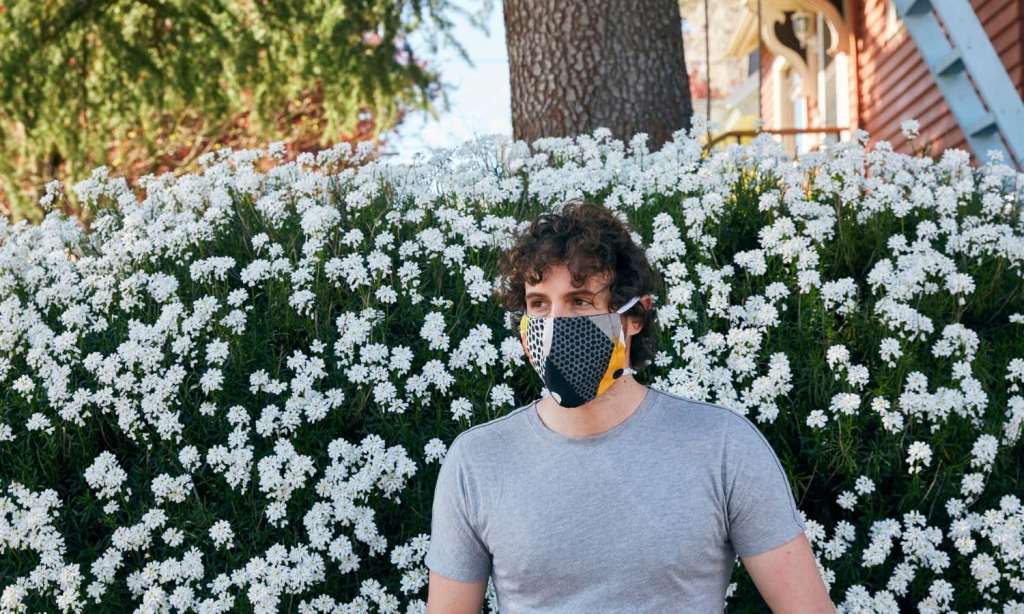For all the negative press you read about people fighting against mask-wearing rules, especially in Victoria where is it mandatory, new data shows that this is the minority.
A recent survey conducted by Vox Pop Labs in partnership with the ABC has found that two-thirds of Australians think wearing face masks should be mandatory in all public places.
In the survey, called COVID-19 Monitor Australia, participants have been asked whether they support mandatory face mask-wearing rules every week for over three months.
In June, less than a third of Aussies were for the idea but by July, many of the participants had changed their tune and agreed with the proposed rule. According to the ABC, support for mandatory mask-wearing is strongest in Victoria.
Support in New South Wales and the ACT was still pretty strong, with 71% of respondents supporting the decision to make face masks mandatory when you leave the house.
Face masks have been mandatory for Melbourne residents since July 22 and since August 2 for the whole of Victoria. In NSW, on the other hand, wearing a face-covering isn’t an enforced rule for residents.
Instead, NSW Health “strongly advises” mask-wearing in public places like supermarkets and on public transport. Despite the support of the idea from residents of the state, Premier Gladys Berejiklian has no intention of making mask-wearing mandatory right now.
“We are seeing the rate of mask-wearing increasing across the board, whether it’s in supermarkets, shopping malls, public transport,” Berejiklian said. “Of course we’d always like to see full compliance but I’m relatively comfortable with the take-up rate. I also feel that in New South Wales we do have the policy settings right … if the health advice changes, of course, we’ll take that up.”
According to the ABC, nearly four in five NSW residents say they have changed their normal routines to now include mask-wearing. As we become more used to the idea of covering your face when you leave home, the number of people wearing masks across the country should, in theory, rise.
“It’s definitely not yet ingrained in our culture,” Dominika Kwasnicka, a behavioural psychologist at the University of Melbourne told the ABC. “We can see in our history, for instance when we started encouraging people to wear seatbelts.
“People didn’t consider them necessary, didn’t consider them as something that would save their lives. But with time we made them compulsory. I’m very confident that we can also change social norms when it comes to wearing a mask, but it’s going to take time.”
Read more stories from TheLatch— and follow us on Facebook.

